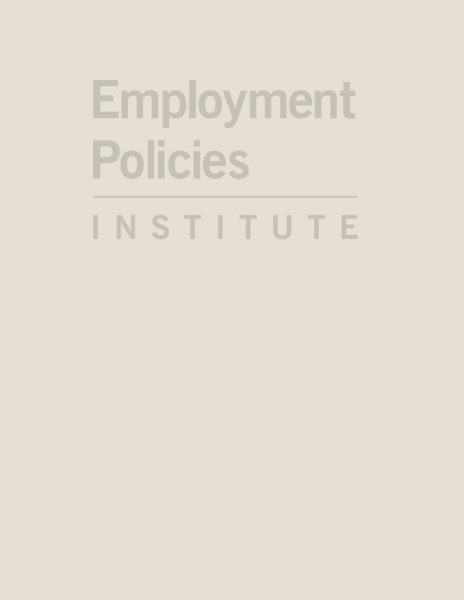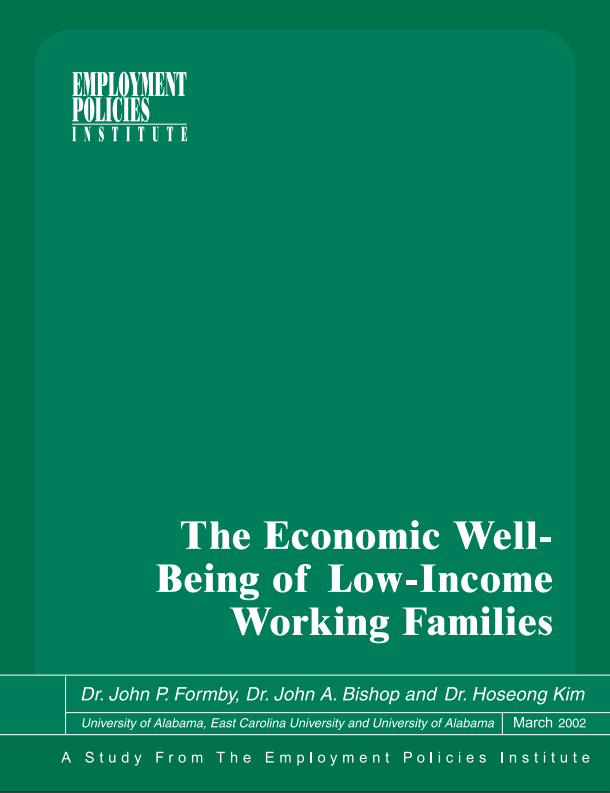The Local Area Unemployment Crisis
June 2002
The economy continued its nationwide decline in 2001, and many more communities fell further off the pace. Unemployment rose across the country in dozens of counties and cities with unemployment rates from 9% to more than 20%. As the economy continues to struggle toward recovery, jobs are more difficult to come by, and the areas that are already the worst off will have little chance…






